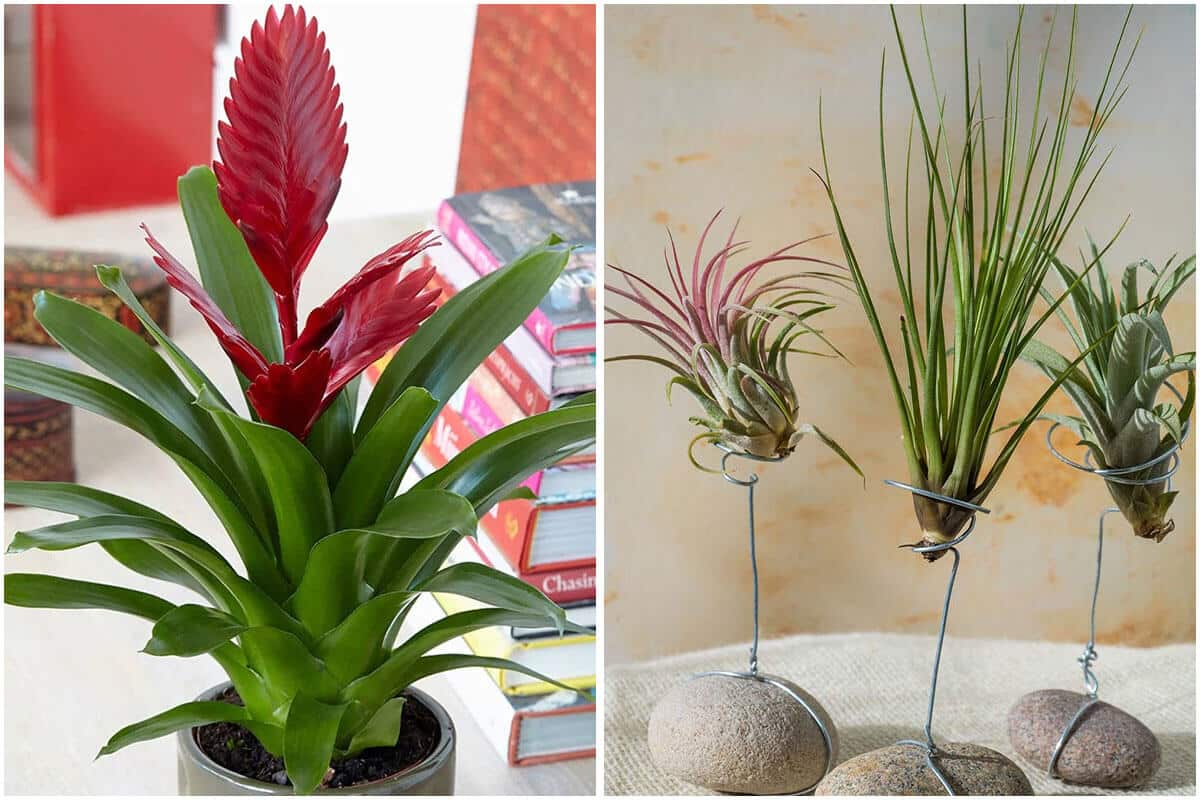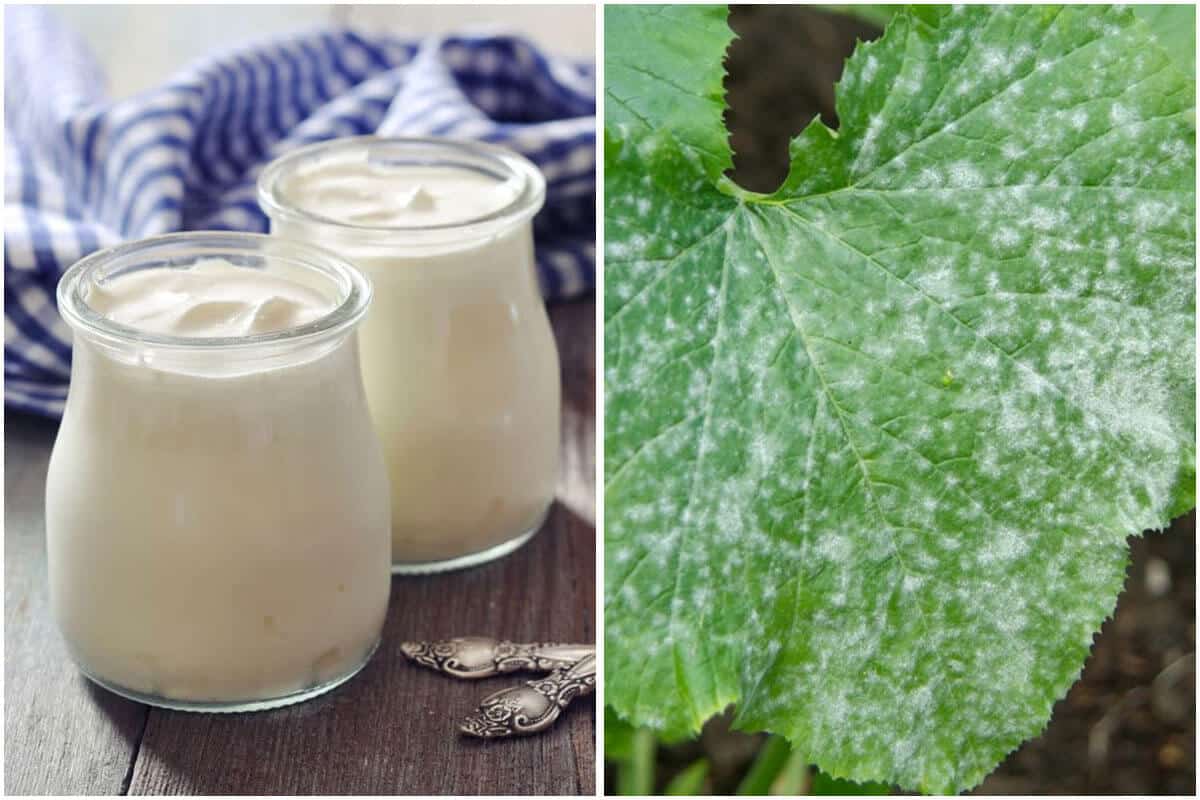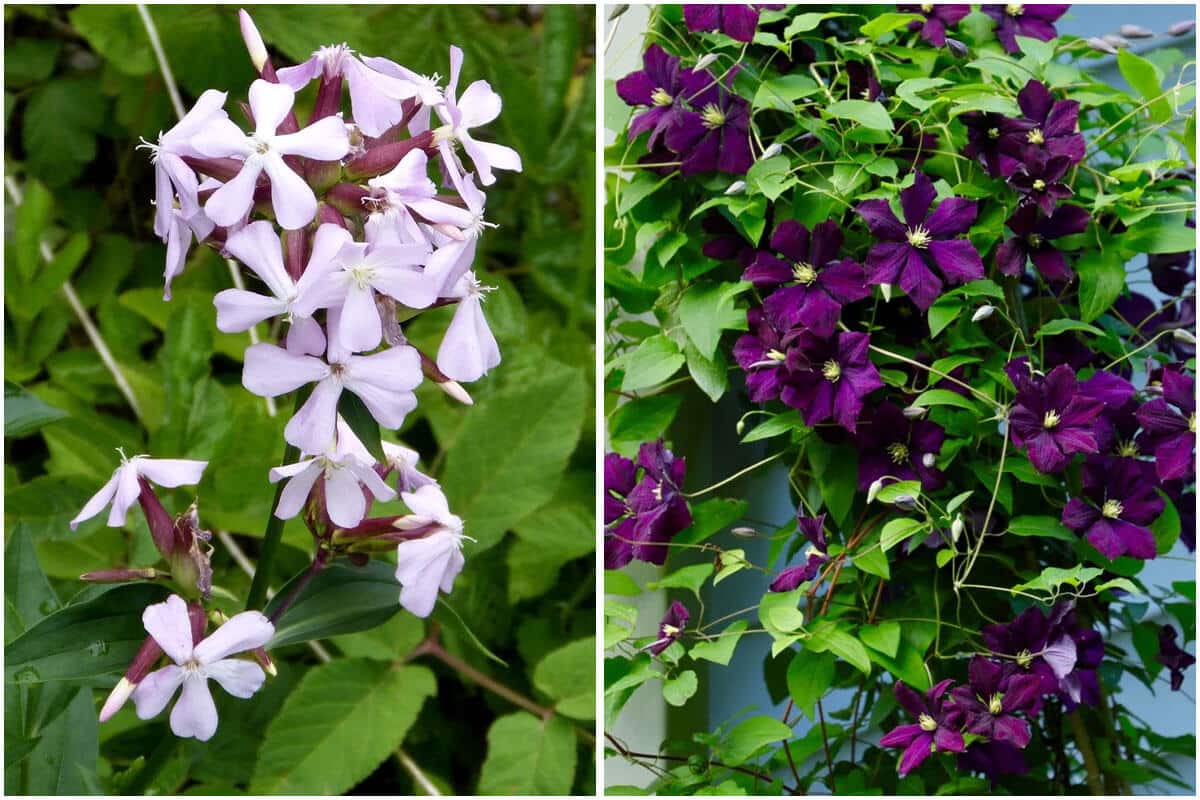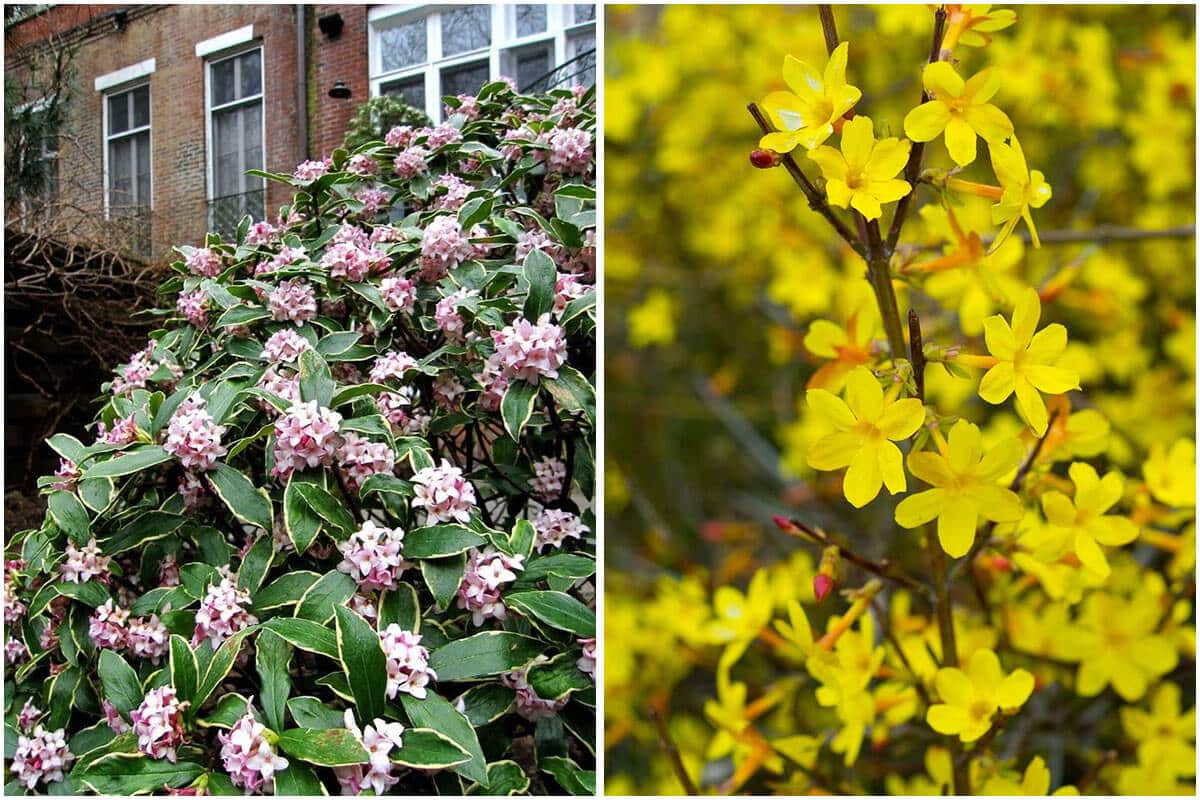Do you know that your garden not only has vegetables or green trees, it also has more than you thought? Maybe there are several plants that have great benefits for human health. If you want to explore them or know what plants are available in the garden, read the list today to open their secrets. And then, don’t forget to save them to know what’s really growing in your backyard and you will need them.
Chamomile, echinacea, mint, aloe vera, and others… are quite popular plants. Some produce beautiful flowers to give the landscaping of your garden more beautiful, others are great ingredients in cooking that can add to daily dishes or make tea. When you grow a medicinal garden, these remedies will always be available to you, and so they also provide a better sense of self-reliance. Besides, most of them are so easy to grow, just need to require minimal care about basic conditions. For good reason, you should grow some in your living to take their beauty as well as their uses.
#1 Chamomile
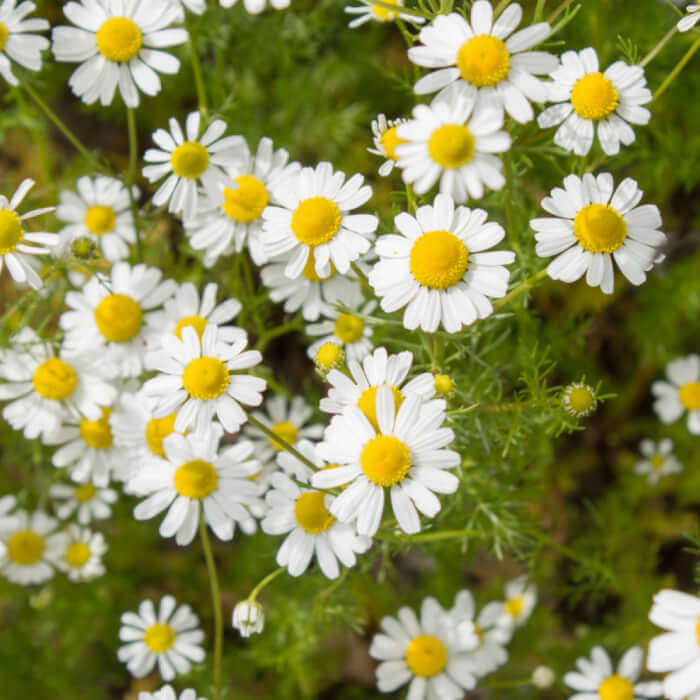 Source: Equalexchange
Source: Equalexchange
Chamomile is a pretty plant that emits faint smells of apples. This plant is among the oldest and most ancient medicinal herbs to treat many different kinds of ailments. For example, used in tea, it has mild sedative and calming effects. Or treat several gastrointestinal issues, including indigestion, nausea, vomiting, diarrhea, and flatulence. It also has pain-relieving properties, for back pain, arthritis, and stomach cramps.
#2 Saint John’s Wort
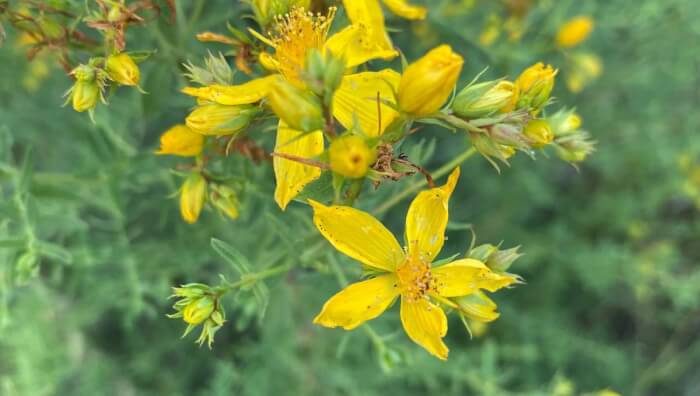 Source: Dailyliberal
Source: Dailyliberal
Saint John’s Wort is a perennial flowering plant that blooms yellow flowers on June 24 each year. It is widely regarded as a natural antidepressant from mild to moderate. Besides, it also has broad anti-inflammatory action, helping to heal wounds and soothe redness, scaliness, acne, and other skin irritations.
#3 Echinacea
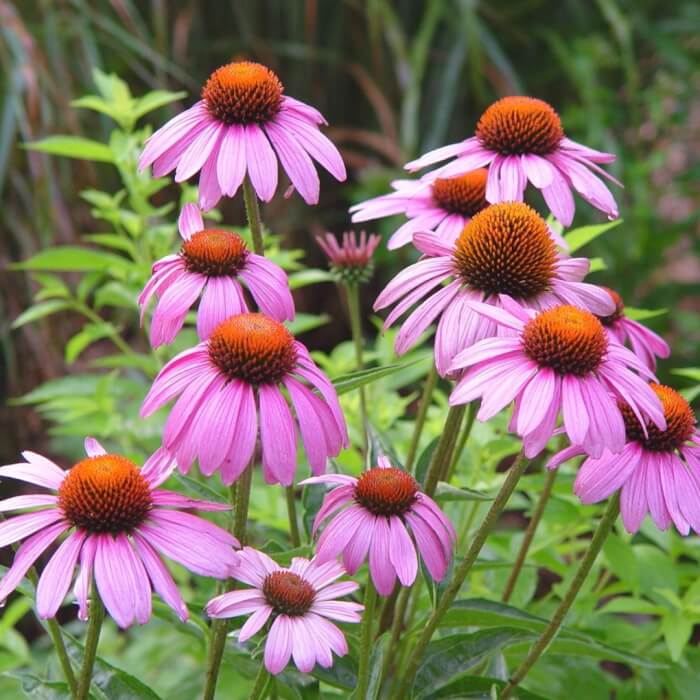 Source: Hgvt
Source: Hgvt
Echinacea is is a flowering plant that belongs to the sunflower family, it also commonly known as purple coneflower. Its stunning flowers are a favorite of the bees. All parts from flowers, leaves, stems, to roots have been used as herbal medicine. You can dry them and make tea to boost the immune system. Or use to treat the common cold and flu, as well as coughs, fever, sore throat, bronchitis, and upper respiratory infections. Its essential oils have antimicrobial, antiviral, and anti-inflammatory properties. Keep in mind that if it causes nausea or stomach pains after ingesting, stop using echinacea immediately.
#4 Yarrow
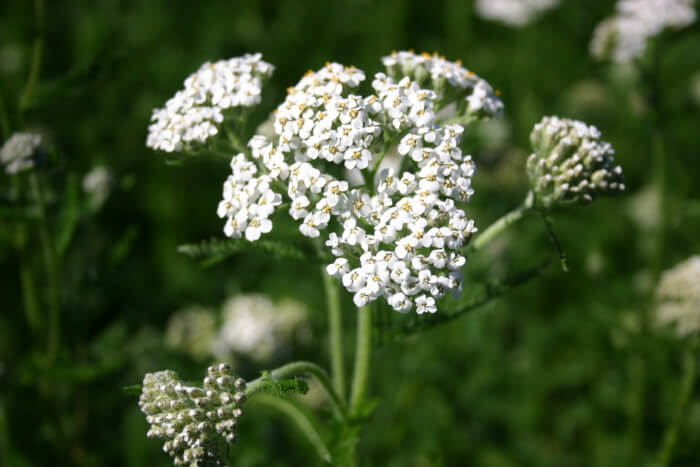 Source: Silverfallsseed
Source: Silverfallsseed
Yarrow is considered a medicinal herb. You can use it by making tea, adding 1 heaping teaspoon of dried (or 1 tablespoon fresh) leaves and flowers with one cup of boiling water, and letting it steep for 10 minutes. Once cooled, apply it as a poultice directly to wounds, bruises, and other skin irritations. However, this flower may cause an allergic skin reaction in some people so perform a skin patch test when applying it for the first time.
#5 Peppermint
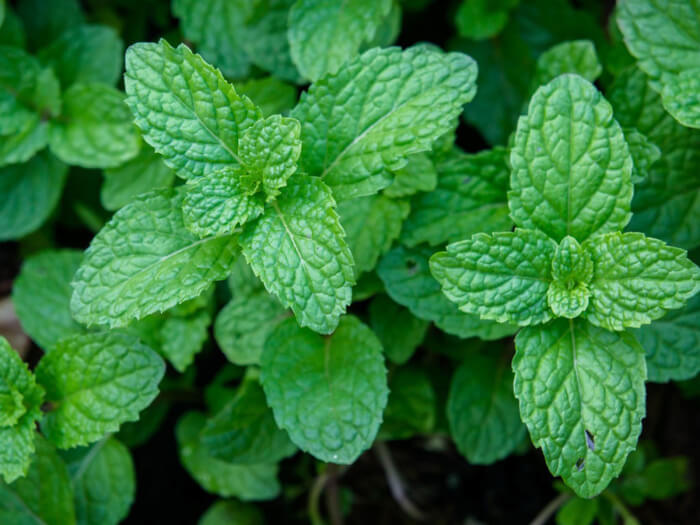 Source: Gardeningknowhow
Source: Gardeningknowhow
Peppermint is a tasty herb with plenty of medicinal value. It is used to treat a wide variety of ailments such as aid to remedy stomach cramps, nausea, diarrhea, irritable bowel, bloating, and loss of appetite. Besides, its antibacterial and antiviral properties, breathing in peppermint vapor helps open up nasal passages and ease congestion. It may be used to soothe the symptoms of bronchitis, sinusitis, and asthma. It also possesses analgesic value for headaches and migraines. When applied topically, it helps relax the muscles to ease pain in the neck, temples, and forehead.
#6 Valerian
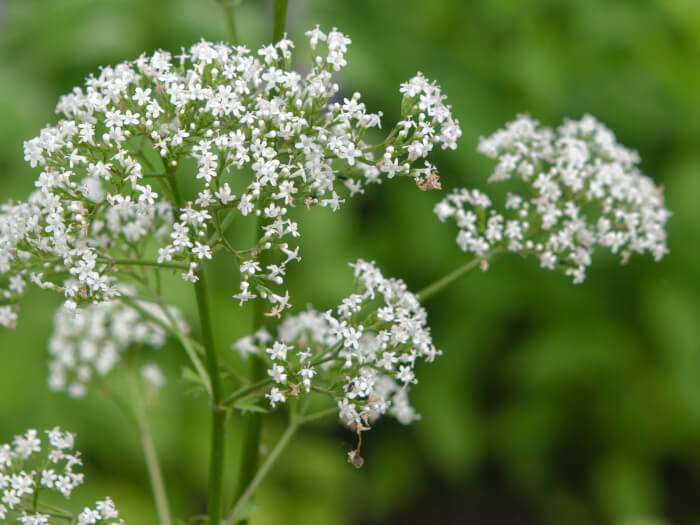 Source: Thespruce
Source: Thespruce
Valerian is a great medicinal herb. The roots of the valerian plant provide therapeutic properties such as treating insomnia and improving sleep quality. It has also been used to treat anxiety, restlessness, headaches, heart palpitations, and mental distress. You can use it by making valerian tea, use 1 teaspoon of dried root with 1 cup of boiling water and allow it to steep for 10 minutes.
#7 Aloe Vera
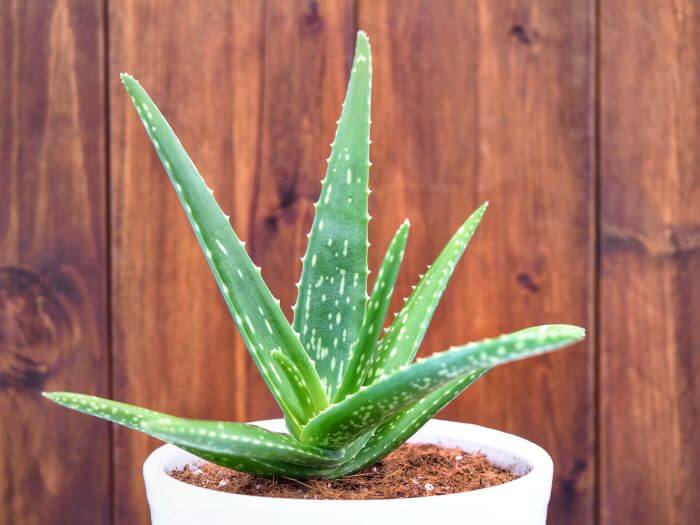 Source: Smartgardenguide
Source: Smartgardenguide
Aloe Vera not only is an attractive succulent but also known for its amazing skincare properties. Use it topically to soothe cuts and wounds, burns, frostbite, sunburn, rashes, insect bites, dermatitis, and other skin woes. It helps moisturize the skin, alleviate pain, speed up the healing process, reduce inflammation, and prevent scars from forming.
